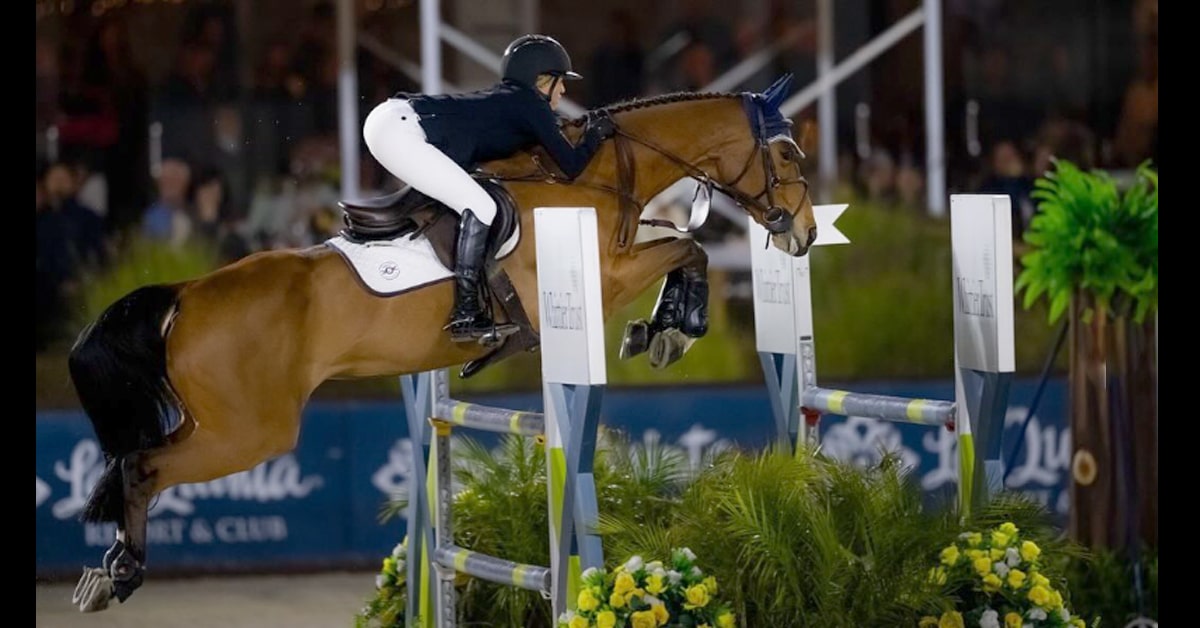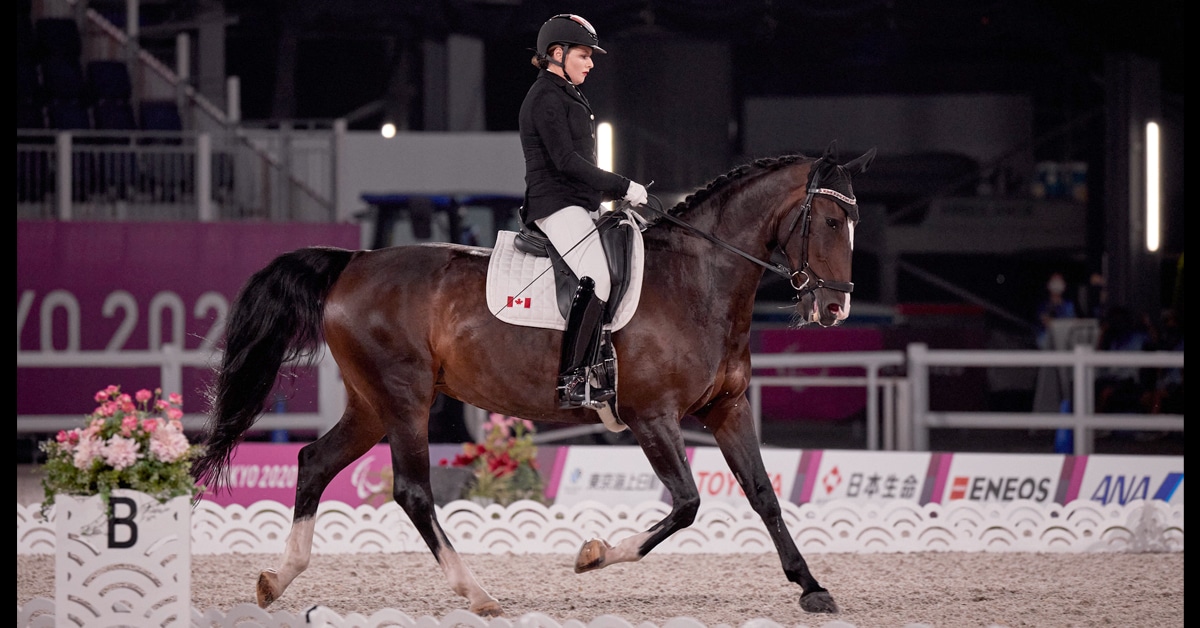One of the Maktoum family’s longest standing trainers has been suspended for two years by the FEI for a banned steroids offence involving Shaddad, who was the world number-one ranked endurance horse at the time.
Ismail Mohammed, 56, was also fined 7,500 Swiss francs and ordered to pay 2,500 Swiss francs towards costs. The same suspension, fine and costs order was handed down to Shaddad’s rider Saeed Mohd Khalifa Al Mehairi, 22. The suspensions are backdated to take account of provisional suspensions already served, meaning the pair are ineligible to compete in FEI through August 2020.
The testosterone positive was returned on July 13, 2018, at a Maktoum-sponsored FEI ride at Euston Park, UK. The gelding Shaddad is owned by MRM, the premier endurance stable of Dubai ruler Sheikh Mohammed al Maktoum.
Ismail Mohammed has previous anti-doping violations in both endurance and horse racing. He blamed this latest incident on accidental “contamination” by the horse’s groom on the day, Saleem Khan, who was using a cream containing testosterone to treat muscle soreness on his own shoulders. Khan had worked “diligently” for MRM six years but on this occasion failed to advise MRM management he was using the cream.
Mohammed also asked the FEI Tribunal to consider that he would not have risked using a banned substance on Shaddad so close to the World Equestrian Games, and that as the registered trainer of 314 endurance horses he had had to delegate some stable management tasks.
However, the FEI’s expert witness, veterinary pharmacologist Dr Stuart Paine, said the trainer’s explanation was “highly implausible.” Because testosterone can be naturally occurring in male horses, there is an internationally agreed threshold of 20 nanograms free and conjugated testosterone per millilitre in urine. The measured concentration of testosterone in Shaddad’s sample was 35 nanograms.
Even if Khan had rubbed the whole 20 gram tube of cream into his muscle, and 10 per cent of this ended up on his hands and thence spread to Shaddad, the expected concentration of testosterone in Shaddad’s urine would be a “negligible” 0.12 ng/ml.
From a pharmacological point of view, Dr Paine said the most common medications used for muscle soreness would be a non-steroidal anti-inflammatory.
The FEI said: “In the UAE in particular, the trainer actually has the main responsibility and control over the horse. He is in charge of and taking decision of the preparation of the horse both physically and mentally for competition and is performing the daily physical training of the horses registered under him.
“In cases where a banned substance is found in a horse, the trainer was clearly guilty of use and it was not necessary that intent, fault, negligence or knowing use was demonstrated to be at fault for the rule violation along with the PR (rider).”
The FEI highlighted that “testosterone is one of the most old-school anabolic steroids, which was known to be used in the build-up period for competitions in endurance.”
The FEI also said it was entirely Mohammed’s choice to be the registered trainer of so many horses.
Neither trainer nor rider appeared in person before the Tribunal, nor provided any other explanation or proof as to the reason for the positive result or description of usual stable practices to avoid contamination. That is a core requirement of FEI anti-doping and controlled medication rules for any reduction in penalty to be considered.
Ismail Mohammed is no stranger to the FEI Tribunal. The Shaddad decision notice referenced three cases from 2017 involving different endurance horses in his care.
During the Shaddad proceedings, Mohammed argued that it was unfair to include endurance trainers in sanctions when this does not automatically apply in other FEI sports. By coincidence, the first time the FEI Tribunal raised concerns about endurance horses not being trained by their riders was 2005, in another case involving Ismail Mohammed.
Mohammed had supplied Haramata de Lozere to British young rider Alice Beet for a ride in Bahrain during the 2004-2005 winter season. The horse tested positive to the banned corticosteroid dexamethasone, leaving Beet suspended for three months. Unusually for that time, the owner was fined 1,500 Swiss francs.
Because there are no reciprocal arrangements between the FEI and international horseracing jurisdictions, Ismail Mohammed remains free to train Thoroughbred racehorses while suspended by the FEI – he saddled a winner at Windsor, UK, on August 24th.
In 2016 he was fined for a banned substances offence at Jebel Ali racecourse in the UAE.
More from Endurance:





